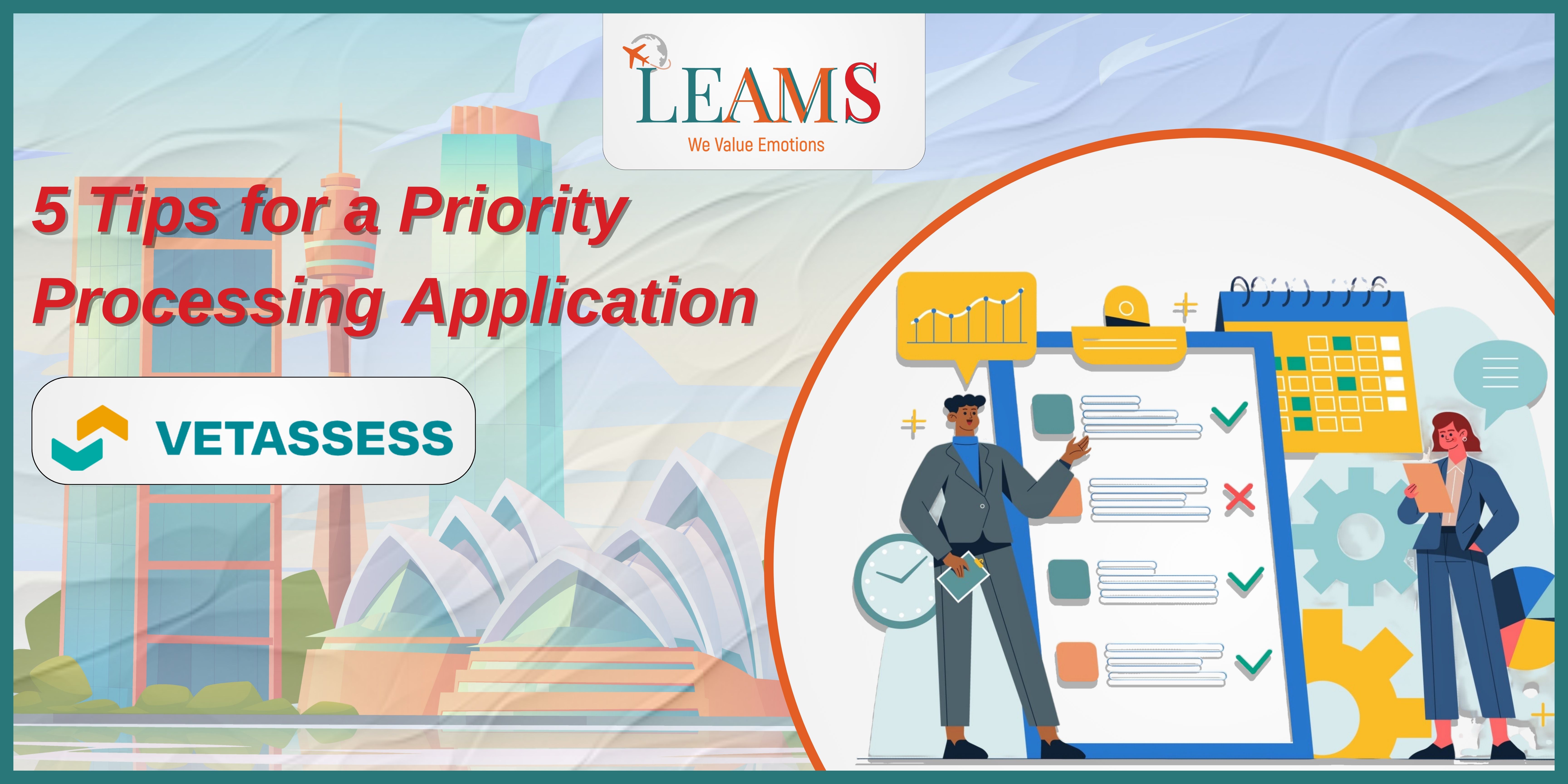Skills assessment tips for Corporate Services Managers
If you are considering applying to migrate to Australia as a Corporate Services Manager, it is important to ensure you have the employment experience required for this senior role.
The roles you have occupied must be corporate in the sense of scope, complexity and context.
You must have experience that involves planning, strategising and supervision of administrative support services.
You must also have held a position at the required managerial level, meaning it must be a strategic senior role assisting senior management such as the CEO or a director in smooth operations of the company.
What is a Corporate Services Manager?
The criteria for this occupation are set by the Australian and New Zealand Standard Classification of Occupations, known as ANZSCO. Anyone applying for a skills assessment for migration purposes is expected to meet all the requirements. You may have worked in this role in another country, where expectations were different. ANZSCO sets its criteria based on the requirements of Australian industry and employers.
ANZSCO says: “Corporate Services Managers plan, organise, direct, control and coordinate the overall administration of organisations. They are usually employed in larger organisations with complex corporate structures and provide support to senior management on administrative matters such as staff management, financial planning, facility management and information services.”
Tip: Applicants should provide evidence of having worked in complex corporate environments. This information can be supplied in the organisational chart, which is a required supporting document.
Employment evidence for corporate service managers
Corporate Services Managers work in a variety of organisations, both in the private and public sector. Their work typically involves:
- Providing high level administrative, strategic planning and operational support, research and advice to senior management on administrative matters such as staff management, financial planning, facility management and information services
- Developing and managing the organisation’s administrative, financial, physical and staff resources
- Developing and implementing administrative, financial and operational procedural statements and guidelines for use by staff in the organisation
- Analysing complex resource management issues and initiatives that affect the organisation, and preparing associated reports, correspondence and submissions
- Providing information and support for the preparation of financial reports and budgets
- Leading, managing and developing administrative staff to ensure smooth business operations and the provision of accurate and timely information
- Representing the organisation in negotiations, and at conventions, seminars, public hearings and forums, and promoting existing and new programs and policies.
Tip: Ensure the organisational chart includes the company letterhead, your job position and those of your superiors and subordinates. Don't forget to include the positions reporting to your immediate supervisor and your direct subordinates.
Organisational structure is important
Some positions may be managerial positions tasked with managing some administrative matters. Look at where you sit in the organisation. You may be a manager or people leader but not at the managerial level required for this occupation. This is a common reason for an unsuccessful skills assessment.
Similarly, you may be too high in the organisational reporting line to be considered a Corporate Services Manager. A Corporate Services Manager would typically report to the CEO.
While generally Corporate Services Managers work in larger organisations, smaller organisations can have the requirements for the role. If your organisation is a smaller organisation, ensure that you provide evidence to support the complexity of the organisation. This can be explained through supporting evidence, such as the organisational chart and statement of service.
Core business activities versus administration
A Corporate Services Manager is responsible for the overall administration of the organisation. While they might oversee departments such as Human Resources, Facilities, and IT, they are not tasked with the day-to-day management of operational business activities such as policy, finance, business development, customer service, technical services or legal services.
Some occupations that aren’t considered suitable under this occupation, but which may be a better option for you include:
- Corporate General Managers (ANZSCO Code 111211) who are responsible for the day-to-day operations and major functions of a commercial, industrial, governmental or other organisation through departmental managers and subordinate executives
- Finance Managers (ANZSCO Code 132211) who are responsible for the financial and accounting activities within an organisation
- Policy and Planning Managers (ANZSCO Code 132411) who are responsible for the policy advice and strategic planning within an organisation
- Other Service Area Managers and Department Heads such as Human Resource Manager, Marketing Manager, Research and Development Manager.
Tip: If you do not meet all the key criteria for this occupation, you do have alternatives.
We also offer a Skills Assessment Support service for prospective applicants and migration agents. This optional service enables you to have a 30-minute guided phone discussion about the Skills Assessment process and criteria that apply to your selected professional occupational classification assessed by VETASSESS.





